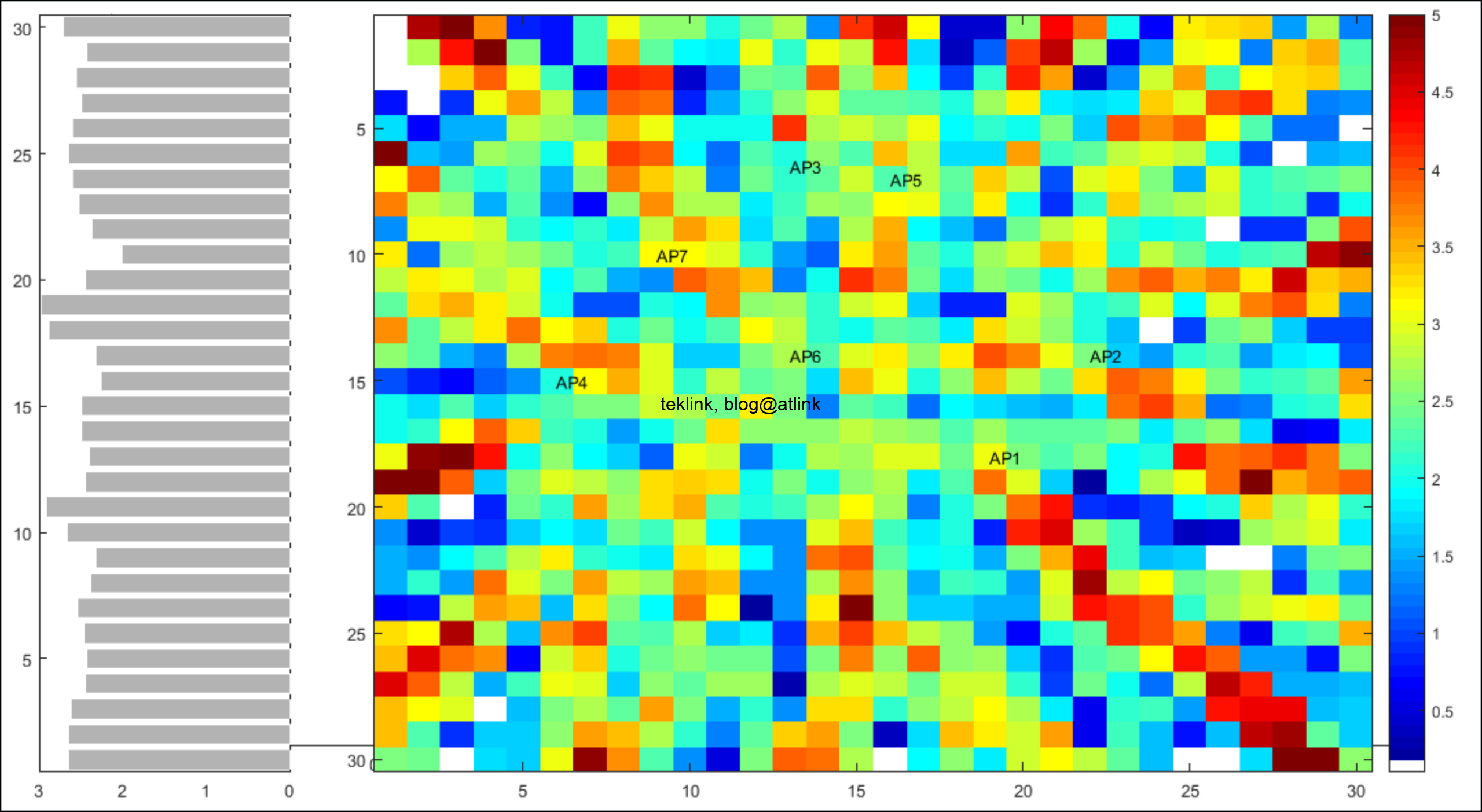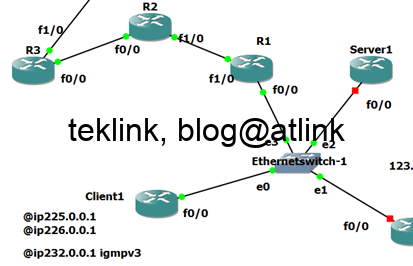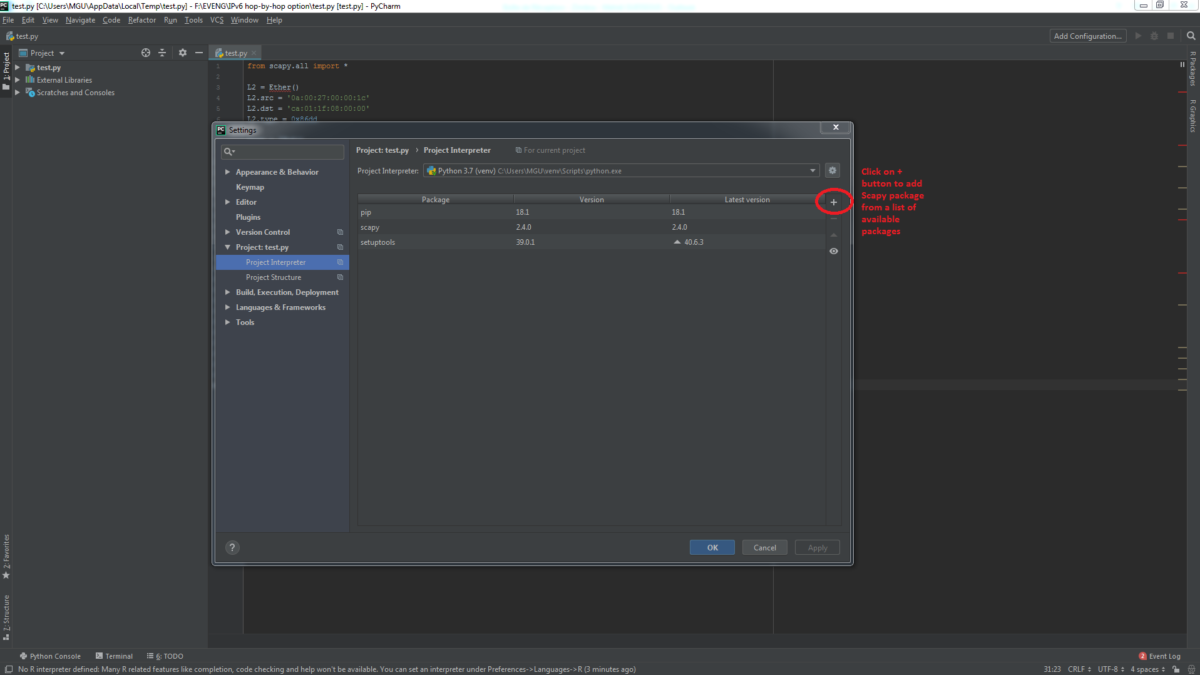In this post we present the work available at this link: Cognitive directional cost-based transmit power control in IEEE 802.11 WLAN, about the how to model the radio coverage area in enterprise Wlans.
IEEE 802.11 Wlan networks are constantly challenged for maximum overall service performance and new mobility applications: real-time, interactive communications and presence analytics. They require a solid design approach that considers but not limited to: highly varying characteristics of dense environments, technology advances, feasibility of study hypotheses, and overall service design best practices.
This work argues that radio resource management, transmit power and frequency, should be centrally coordinated at low design level, to achieve such performance, and considers optimizing transmission power control as prerequisite to dynamic channel allocation techniques. It focuses on co-channel interferences but can be easily extended to tackle cross-channel interferences, too.
In this paper, the author considers beamforming and cost-based communication techniques to derive a new transmission power control approach that allows access points and mobile stations to communicate without or very lessened co-channel interferences. The next figure shows the idea behind the proposed solution.

The addition of the direction of transmission as a new variable allows more degrees of freedom to the model and thus the possibility to interpret more interference and transmit cases.
The proposed model runs 3 algorithms to maximize transmission opportunities for nodes based both on realistic hypotheses and modeled system behavior. The term opportunities refers also, to new transmissions possibilities that are often missed in other studies. The work proves that transmission opportunities could be enhanced drastically, when it considers at the same time, constraints from upper service layers.





